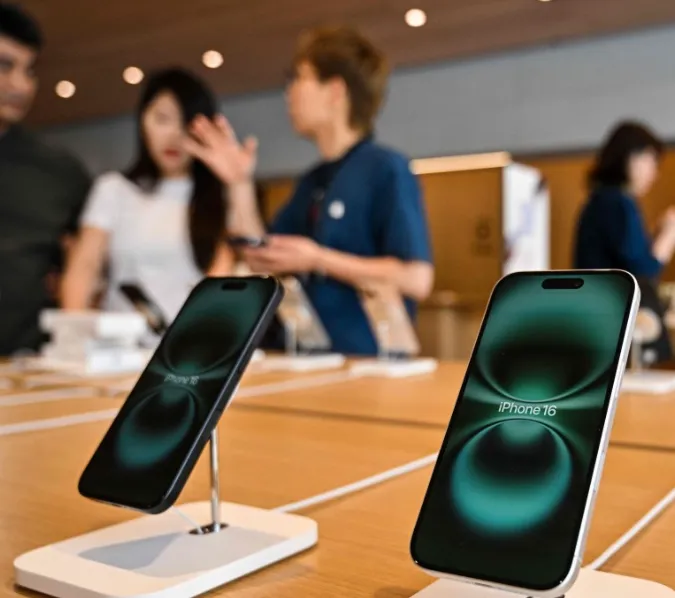President Donald Trump has reignited his push for hefty tariffs on semiconductor imports, raising concerns about potential price increases for tech products. These remarks were made during a White House dinner with major tech CEOs, including Apple’s Tim Cook. Although specific details were not disclosed, Trump suggested that companies like Apple might be exempt from the proposed tariffs.
The tariff idea first emerged in April, with Trump signaling that a formal announcement would follow by mid-August. He hinted that the new tariffs could be as high as 100%, a dramatic increase from the current rates of 2-5% on semiconductor imports.
The National Security Angle
The White House has tied these potential tariffs to a national security investigation into the reliance on foreign-made processors. The government argues that raising tariffs on imported chips would mitigate security risks by encouraging domestic manufacturing. However, the decision to move forward with the tariffs before the investigation has concluded has raised questions about whether national security is truly the primary concern.
Why Apple Is Exempt
It seems Apple has successfully secured an exemption from these tariffs. In August, Trump announced that companies making significant “Made in America” investments would be spared. Apple qualifies, thanks to its $600 billion pledge to boost U.S. manufacturing. While most iPhones are still assembled overseas, much of Apple’s U.S.-focused spending involves partnerships and investments aimed at supporting American production. The administration seems to be satisfied with this commitment, which means that Apple’s products—including the upcoming iPhone 17—are likely to avoid the new costs.
Impact on the Market
For consumers, this exemption could mean that iPhone prices remain stable, despite the looming threat of tariffs. However, competitors that don’t have the same level of U.S. investment may face price hikes due to the new tariffs. For Apple, the exemption allows it to protect its profit margins and avoid alienating customers during an already challenging period in the smartphone market.
As the tariff discussions continue, the tech industry will be watching closely. For now, Apple appears to have shielded both its customers and its financial interests from the potential impact of the new trade policies.
